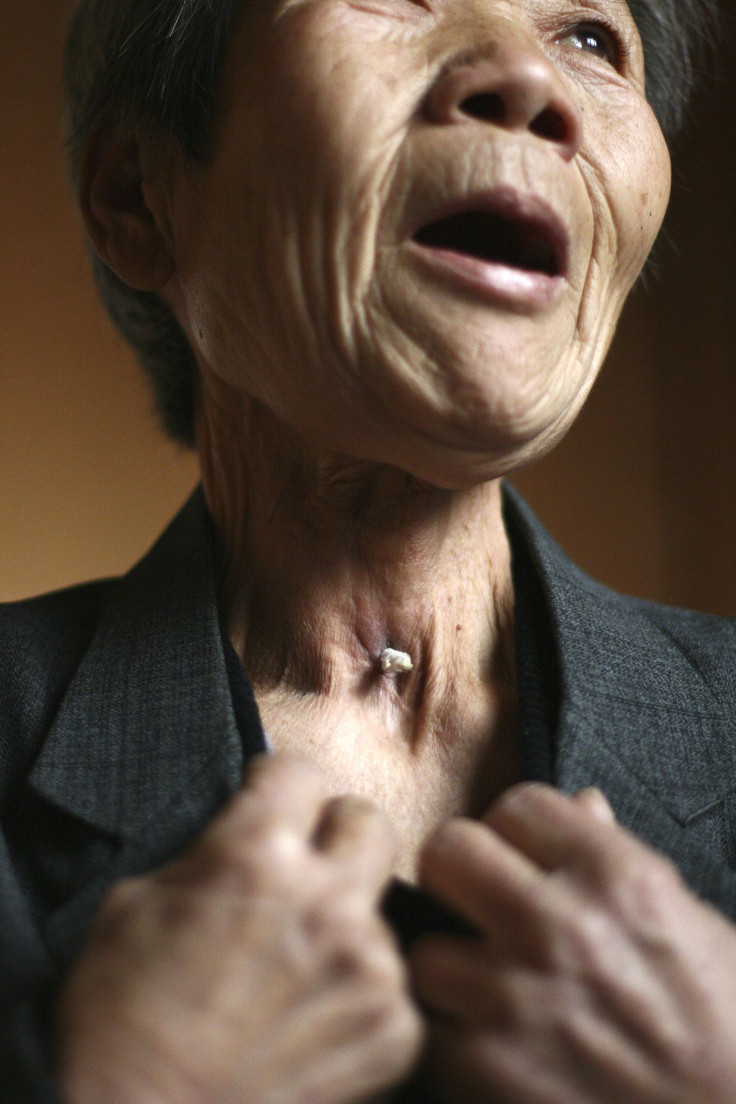'Pill On A String' Can Detect Early Signs Of Throat Cancer

Researchers at Cambridge University have developed a “pill on a string” technique they say can detect a condition called Barrett's esophagus. The procedure detects early signs of the disease without the need to perform a biopsy.
According to the researchers, a capsulated piece of sponge called “Cytosponge” is inserted in the throat. The outer capsule dissolves within five minutes of swallowing, exposing the sponge, which brushes against the throat and collects cells for analysis. The sponge is then pulled from the patient's mouth.
The researchers say a sponge is more effective in collecting cells since it covers a wider area of the throat, as compared to the traditional biopsy, which picks up sample cells from only a small area.
“There is a great deal of variation amongst cells. Some might carry an important mutation, but many will not. If you’re taking a biopsy, this relies on your hitting the right spot,” said Rebecca Fitzgerald of the Medical Research Council Cancer Research Unit at the university. “Using the sponge appears to remove some of this game of chance.”
In people who suffer from Barrett's esophagus, the lining of the esophagus starts to resemble the lining of the intestine. This puts a patient at risk of developing esophageal cancer. Barrett's is observed in people with chronic acid reflux, but this is not the only criterion.
© Copyright IBTimes 2025. All rights reserved.





















